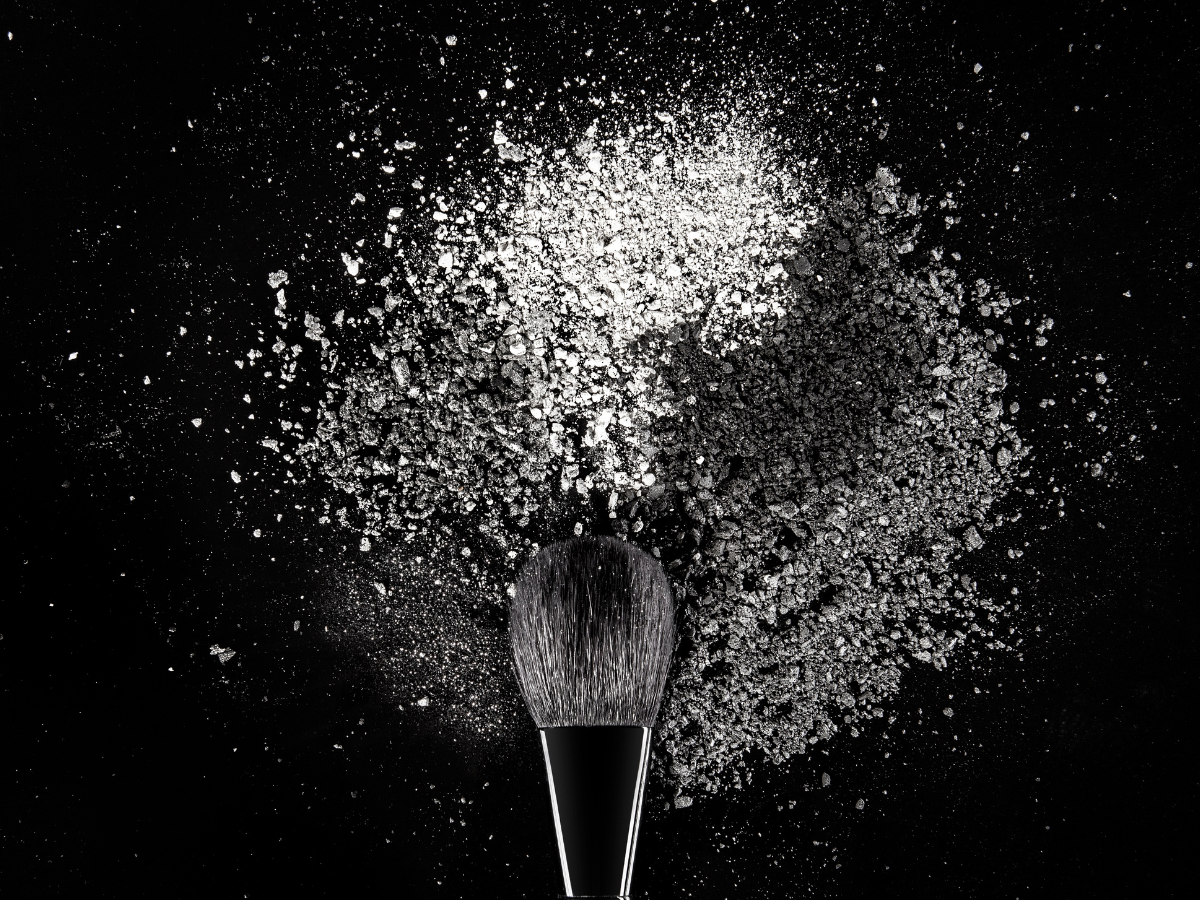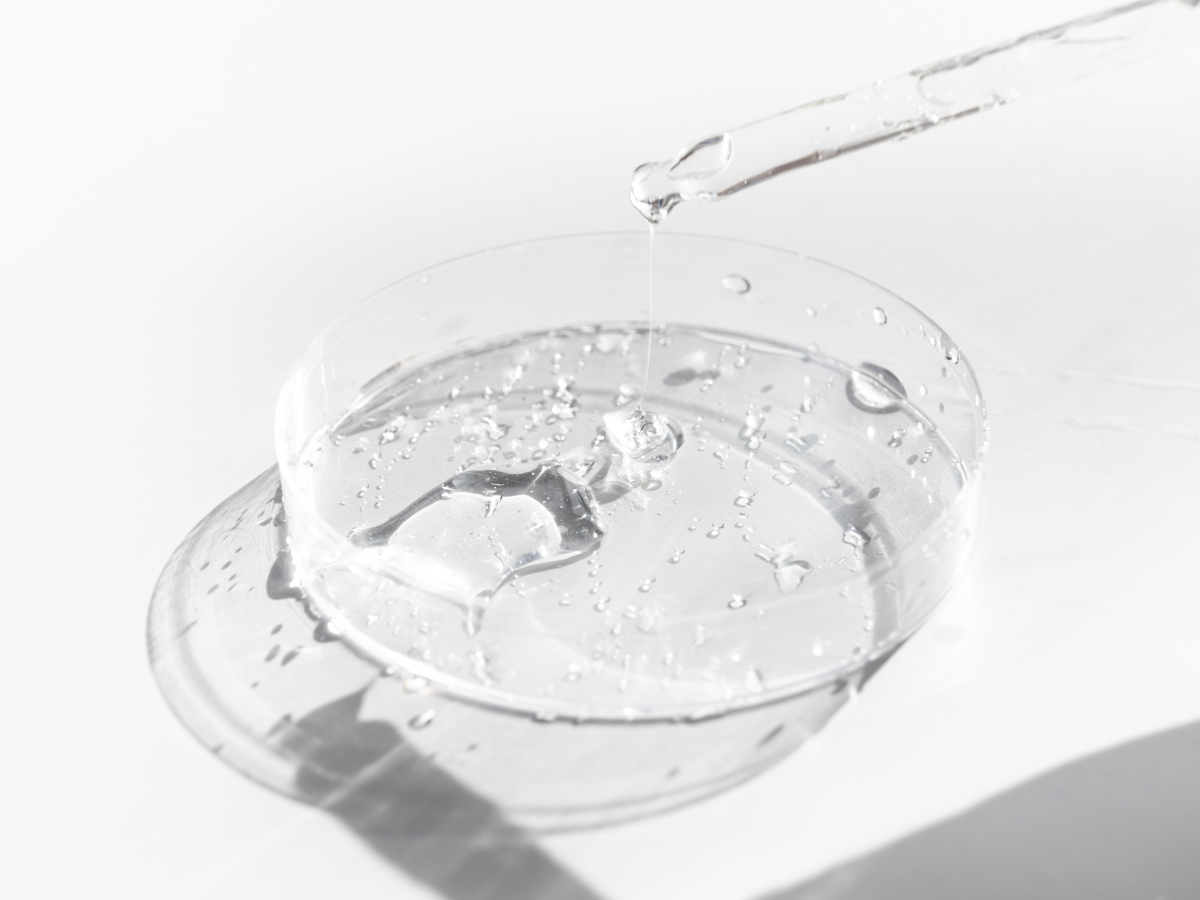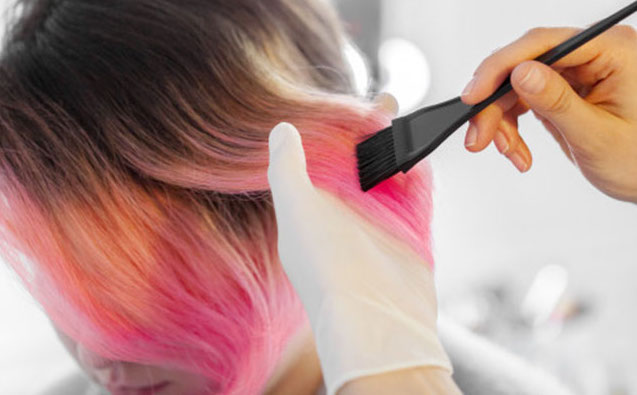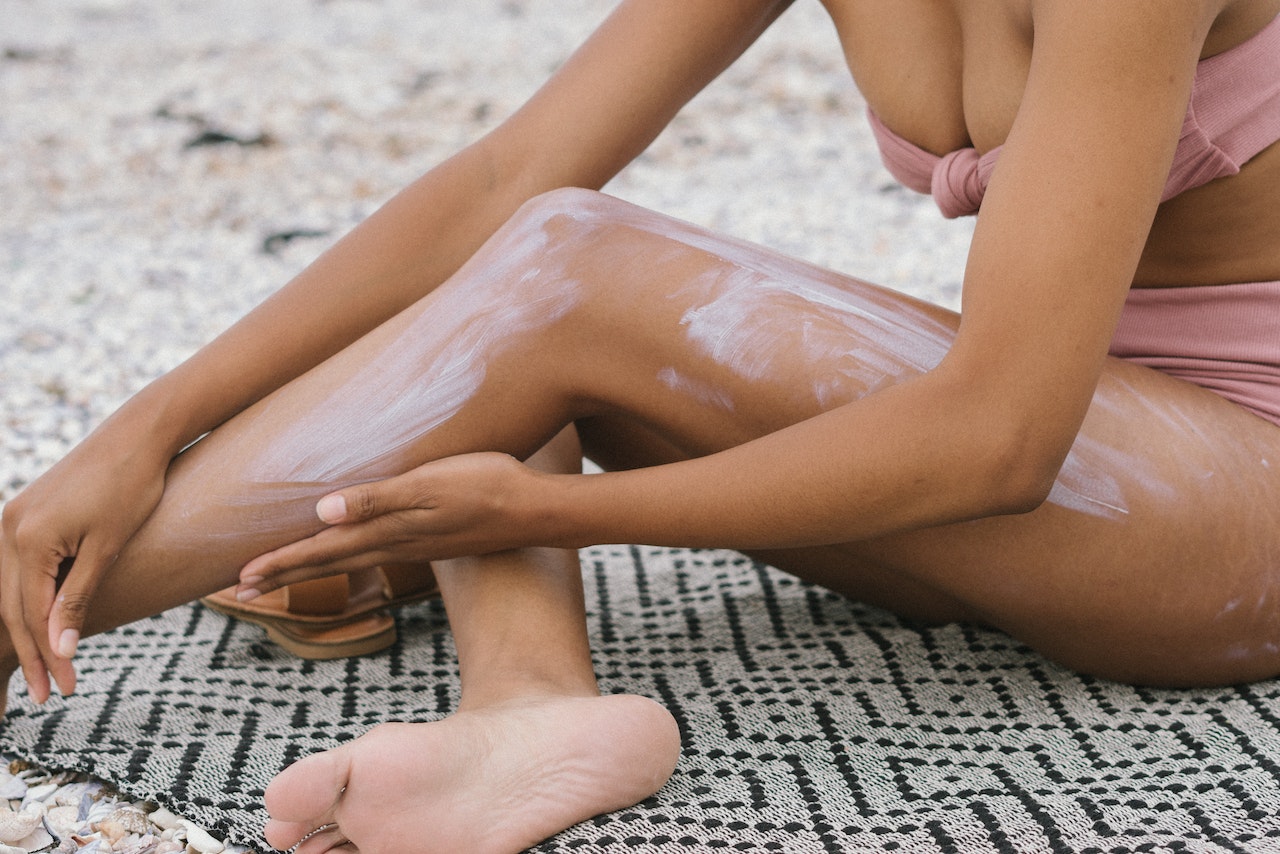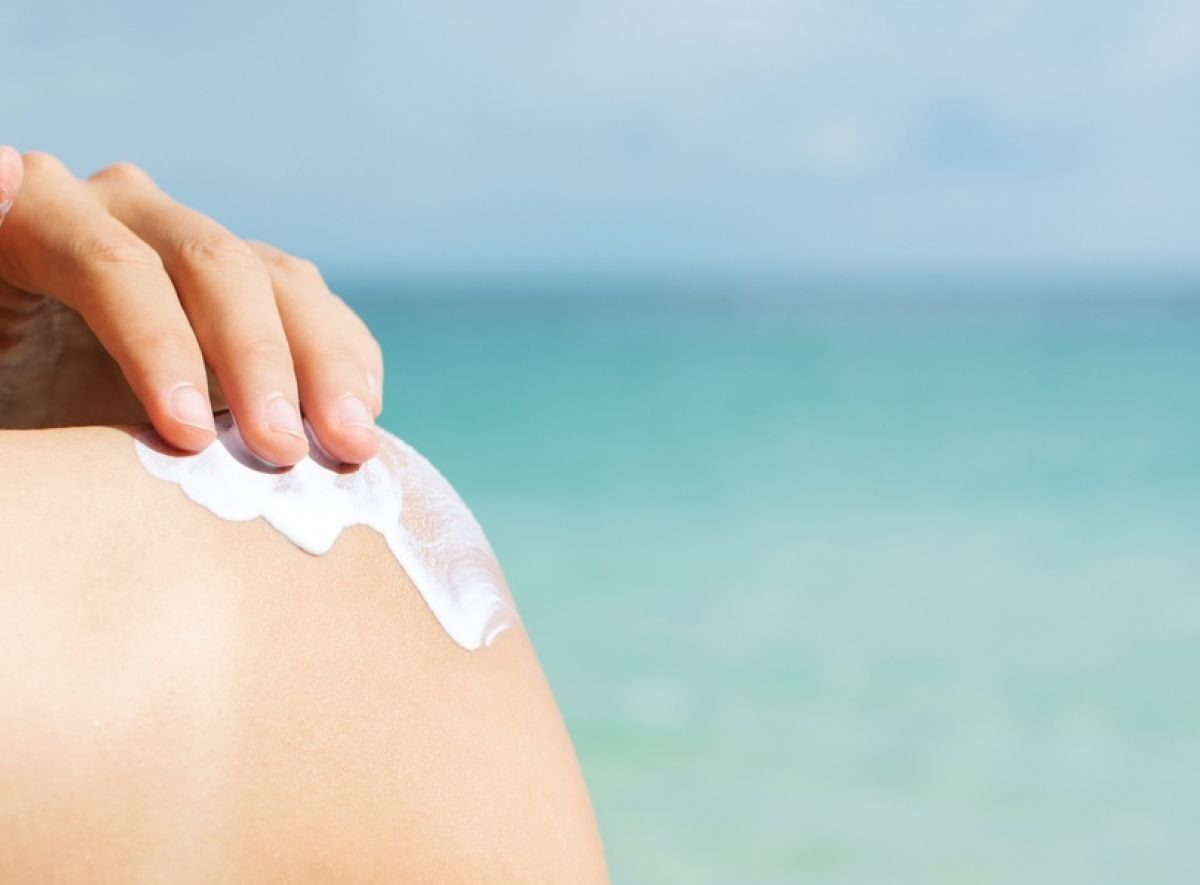Understanding the Role of Silver in Cosmetics
Silver (CAS/EC No. 7440-22-4/231-131-3) is a common ingredient in many cosmetic products, including eyeshadows, highlighters, nail polishes, and body powders. It is also used as a conditioning agent in both rinse-off and leave-on products. Its shimmering effect makes it a popular choice in the beauty industry.
Latest Regulatory Developments
The European Chemicals Agency’s (ECHA) Risk Assessment Committee (RAC) recently recommended classifying silver as a ‘Toxic for Reproduction Category 2’ substance due to potential reproductive health risks. This may lead to its inclusion in the CLP Regulation Annex VI, which would impact its use in cosmetics.
Regulatory Framework and Safety Evaluations
According to the Cosmetics Regulation Article 15, substances classified as Category 2 CMR (Carcinogenic, Mutagenic, or Reprotoxic) are generally prohibited in cosmetics unless deemed safe by the Scientific Committee on Consumer Safety (SCCS). In October 2023, a dossier was submitted advocating for the safe use of micron-sized particulate silver as a conditioning agent. The European Commission then requested an SCCS evaluation based on this data.
SCCS Findings and Safety Recommendations
The SCCS concluded that micron-sized particulate silver is unsafe in concentrations up to 0.2% for rinse-off products and 0.3% for leave-on products. However, it is considered safe in the following specific uses and concentrations:
- Eye shadow: 0.2%
- Oral exposure products:
- Lip balm: 0.2%
- Toothpaste (adult and children): 0.05%
- Mouthwash: 0.05%
- Shampoo: 0.2%
Implications for the Cosmetics Industry
These findings highlight the importance of precise regulation and safe application of silver in cosmetics. While silver can be safely used in certain products, its broader use in rinse-off and leave-on products may pose risks. It is crucial for manufacturers to stay informed and adjust formulations to comply with these regulations.
Stay Updated
The cosmetics industry should closely monitor these developments and adapt accordingly to ensure compliance and consumer safety. Further updates from the SCCS and the European Commission will shape the future use of silver in cosmetic products.
REFERENCES

